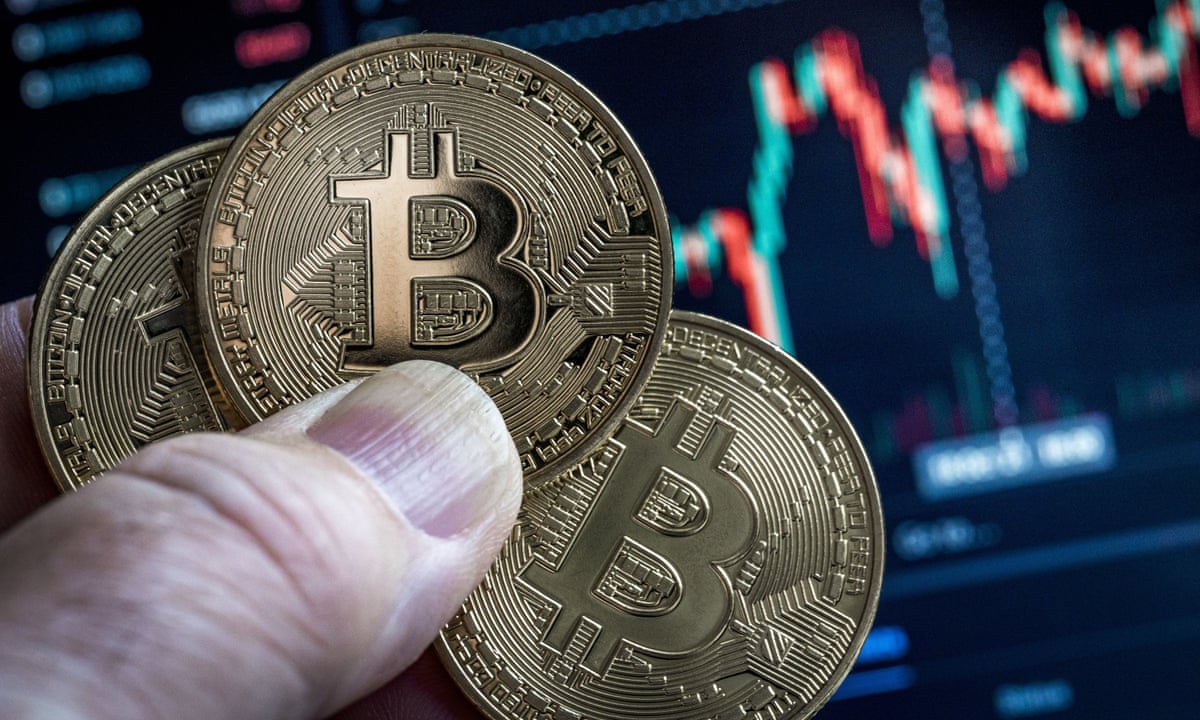Rise by Six: Your Daily Dose of Inspiration
Explore insights and stories that elevate your day.
Bitcoin: Where Dreams Go to Multiply
Unlock the secrets of Bitcoin and discover how to turn your dreams into a financial reality. Dive in and multiply your success!
Understanding Bitcoin: The Basics of Digital Currency
Bitcoin is a decentralized digital currency that was invented in 2008 by an unknown person or group of people using the pseudonym Satoshi Nakamoto. Unlike traditional currencies issued by governments, Bitcoin operates on a technology called blockchain, which is a public ledger that records all transactions made with the currency. This innovative structure allows for greater transparency and security, as it eliminates the need for intermediaries like banks. As digital currencies gain popularity, understanding the basic principles behind Bitcoin is essential for anyone looking to navigate the world of cryptocurrency.
To get started with Bitcoin, one must first understand how it works. Users can purchase Bitcoin through exchanges or earn it by providing services or goods in exchange for the currency. Each transaction is verified by network nodes through cryptography and recorded on the blockchain. As users engage with Bitcoin, it's essential to consider factors such as secure wallet practices and the potential for price volatility. By grasping these fundamental concepts, individuals can make informed decisions and explore the opportunities presented by this revolutionary form of digital currency.

How to Invest in Bitcoin: A Step-by-Step Guide
Investing in Bitcoin can seem daunting, but with a structured approach, it becomes manageable. The first step is to research the fundamentals of Bitcoin. Understand what it is, how it works, and the technology behind it — blockchain. Once you are confident in your understanding, the next step is to choose a reputable cryptocurrency exchange where you can buy Bitcoin. Popular options include platforms like Binance, Coinbase, or Kraken. Make sure to compare their fees and security measures to select the one that best fits your needs.
After selecting an exchange, you'll need to create an account. This typically involves providing some personal information and verifying your identity. Once your account is active, you'll be able to deposit funds. Most exchanges allow deposits via bank transfer or credit card. After funding your account, navigate to the buy section of the exchange and place an order for Bitcoin. You can choose between a market order, which buys at the prevailing price, or a limit order, where you specify the price you’re willing to pay. After making your purchase, consider transferring your Bitcoin to a personal wallet for enhanced security.
Is Bitcoin the Future of Money? Exploring Its Potential
The rise of Bitcoin has sparked a debate about its role as a potential future currency. In a world where traditional financial systems are often seen as cumbersome and outdated, many advocate for Bitcoin as a revolutionary alternative. Proponents argue that its decentralized nature offers greater security and control over personal finances, eliminating reliance on banks and governments. Moreover, the prospect of adopting Bitcoin for everyday transactions is becoming more feasible as merchants increasingly accept it, making the case for its viability as a mainstream currency.
However, challenges remain in fully embracing Bitcoin as the future of money. Issues such as price volatility, regulatory concerns, and technological barriers hinder its widespread adoption. For cryptocurrencies to replace traditional money, a significant shift in public perception and stability is necessary. As we explore the potential of Bitcoin, it becomes evident that while it holds promise, the road to becoming the future of money is hampered by both practical and ideological hurdles that need to be addressed.